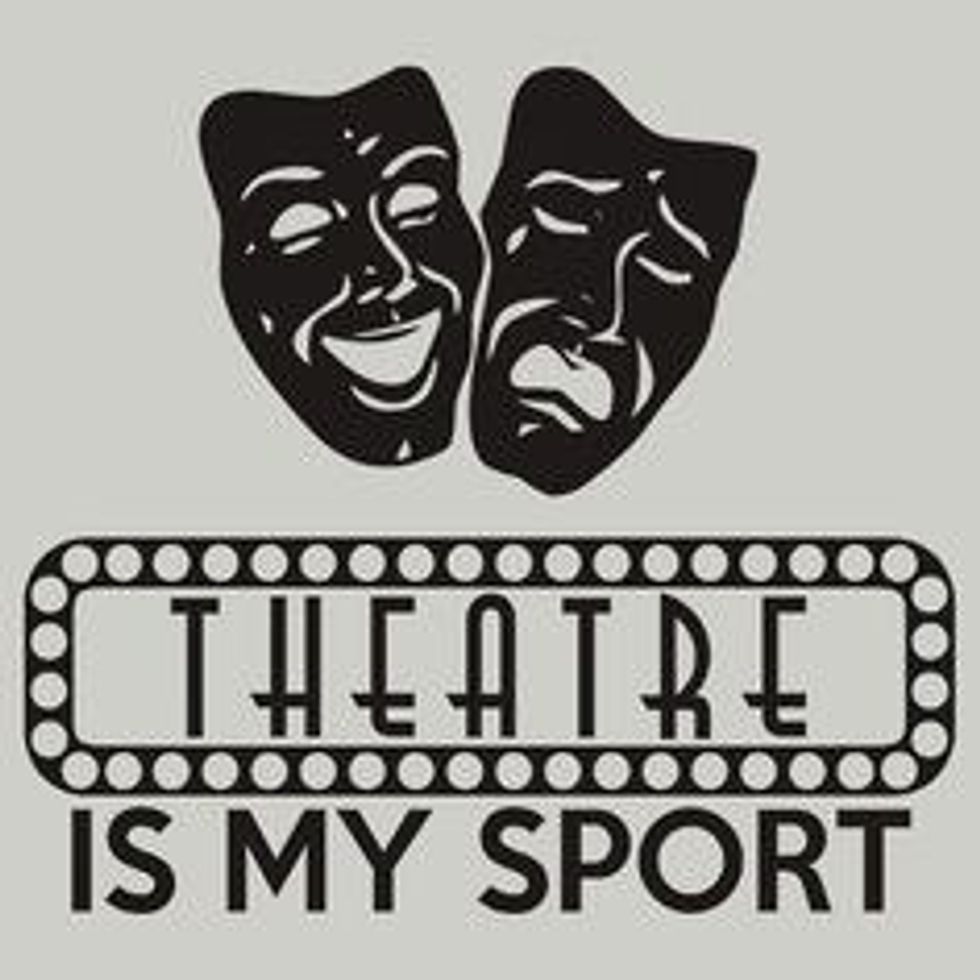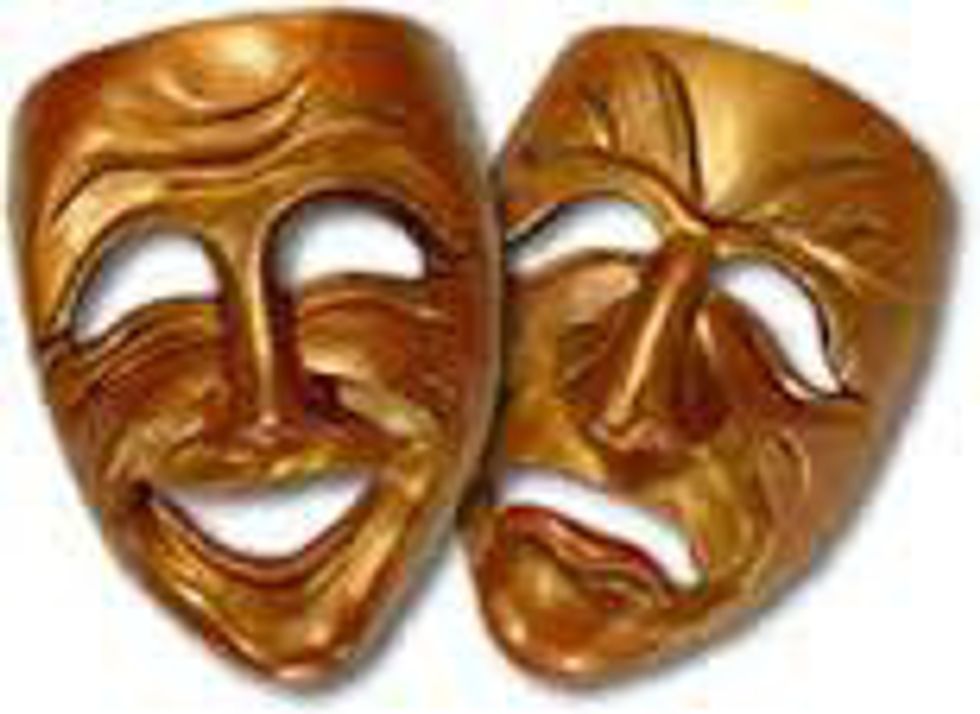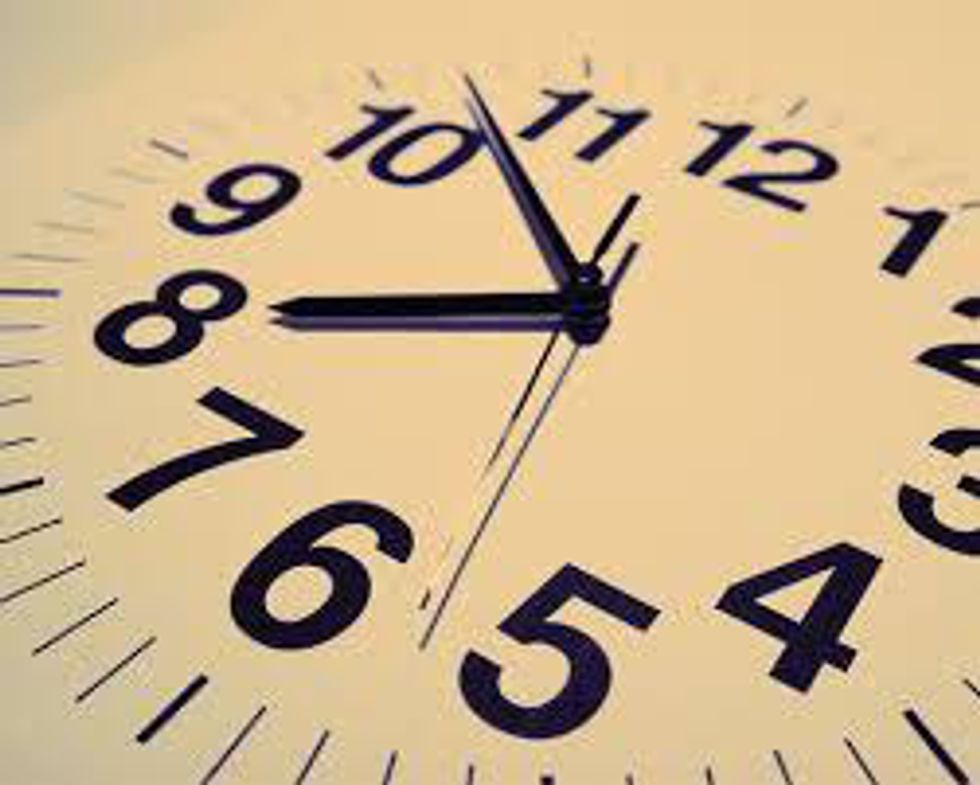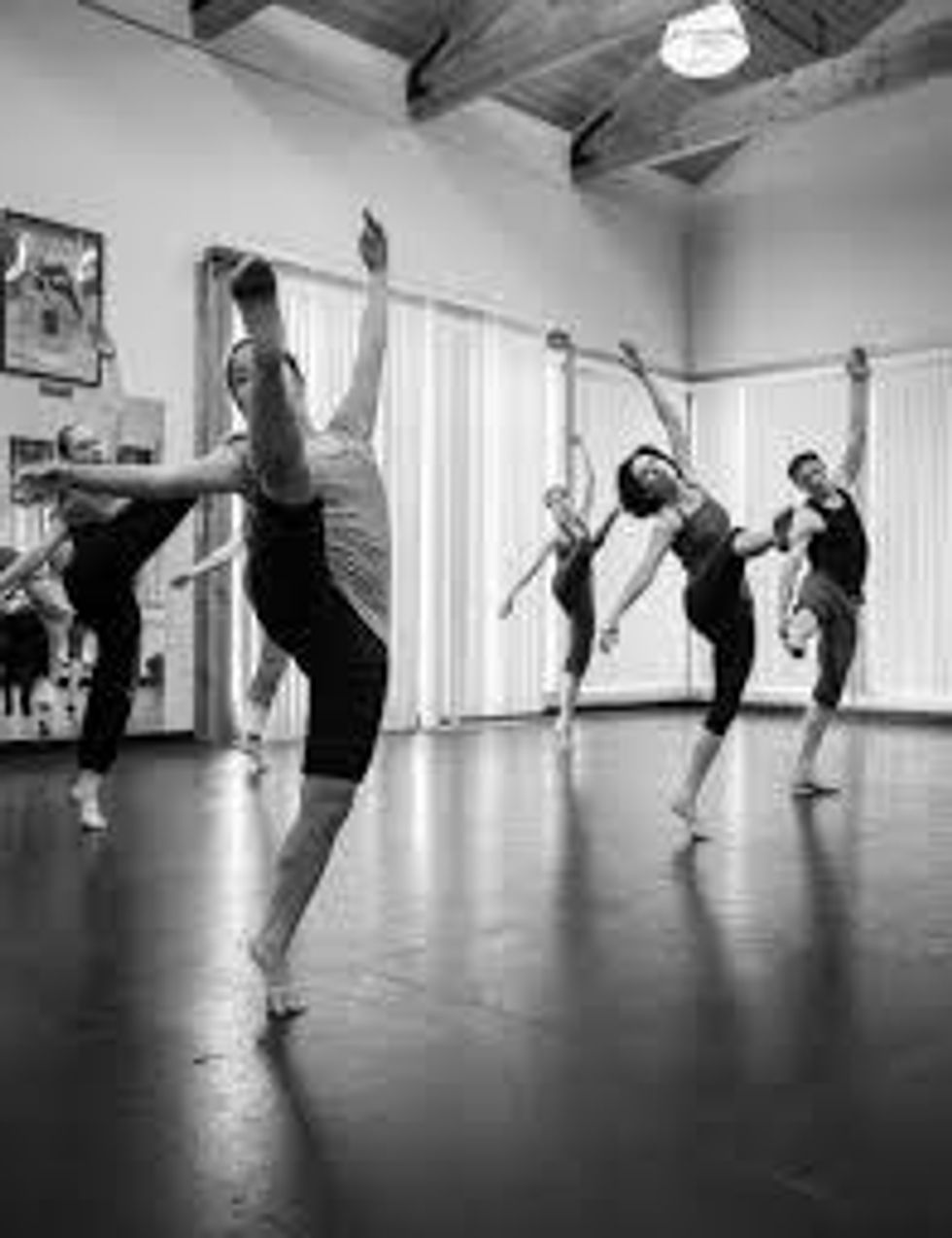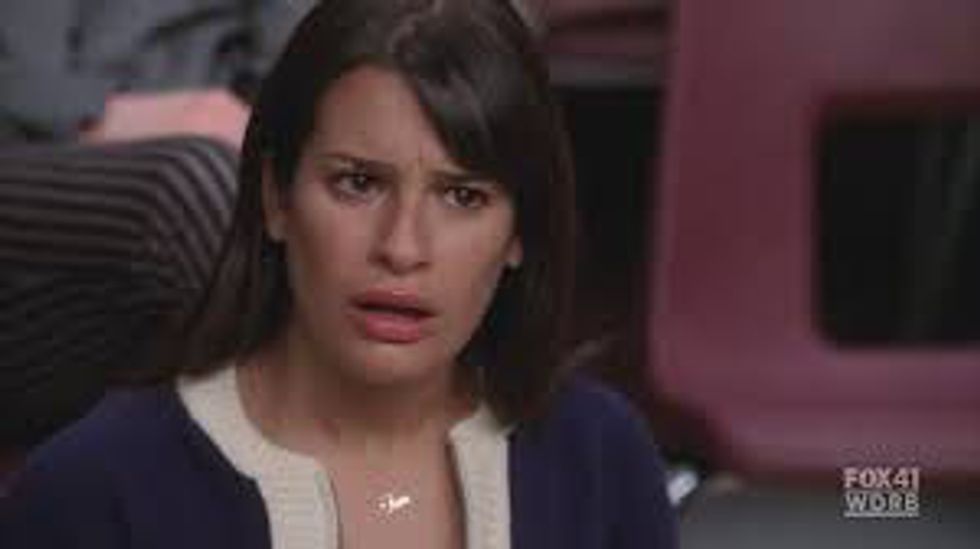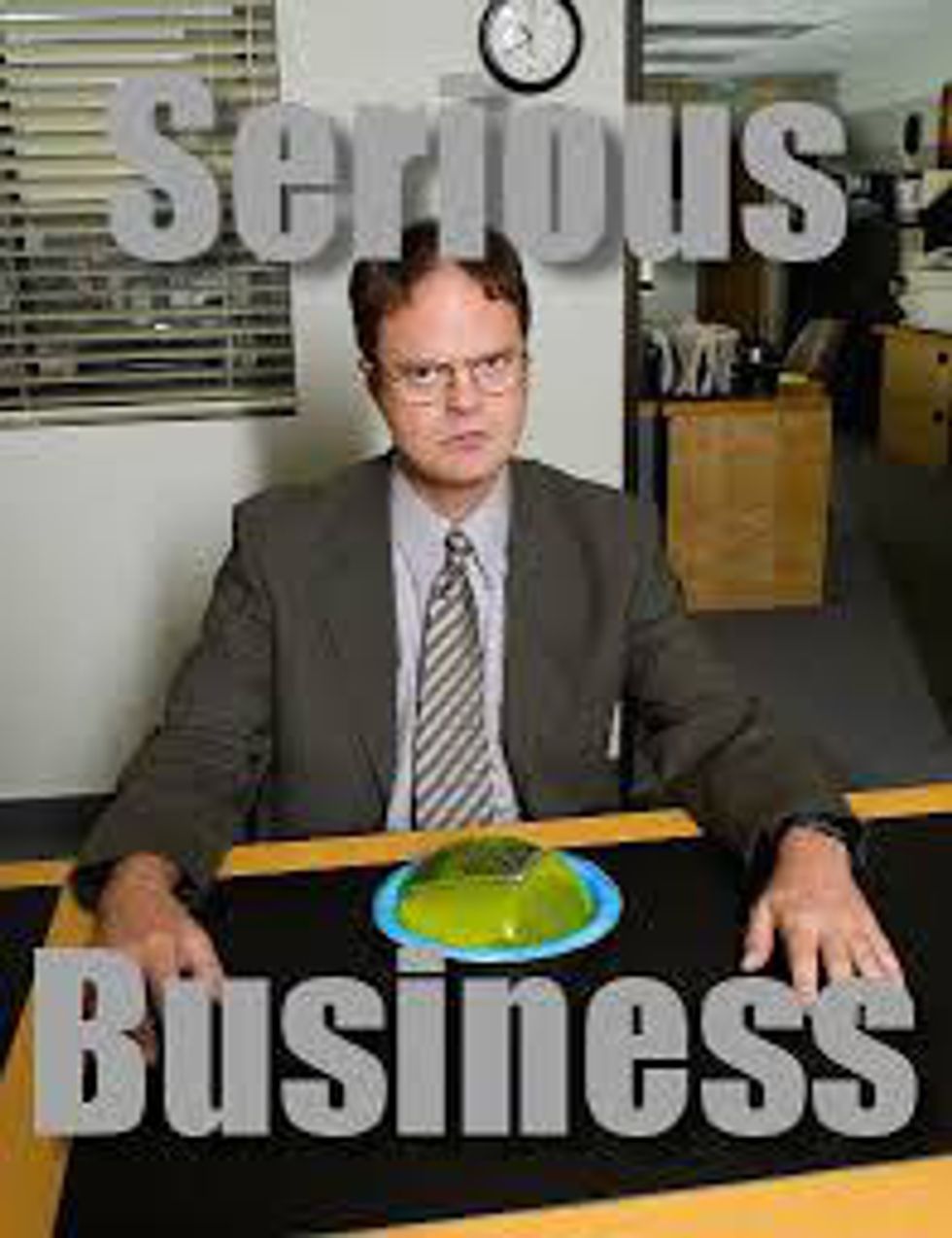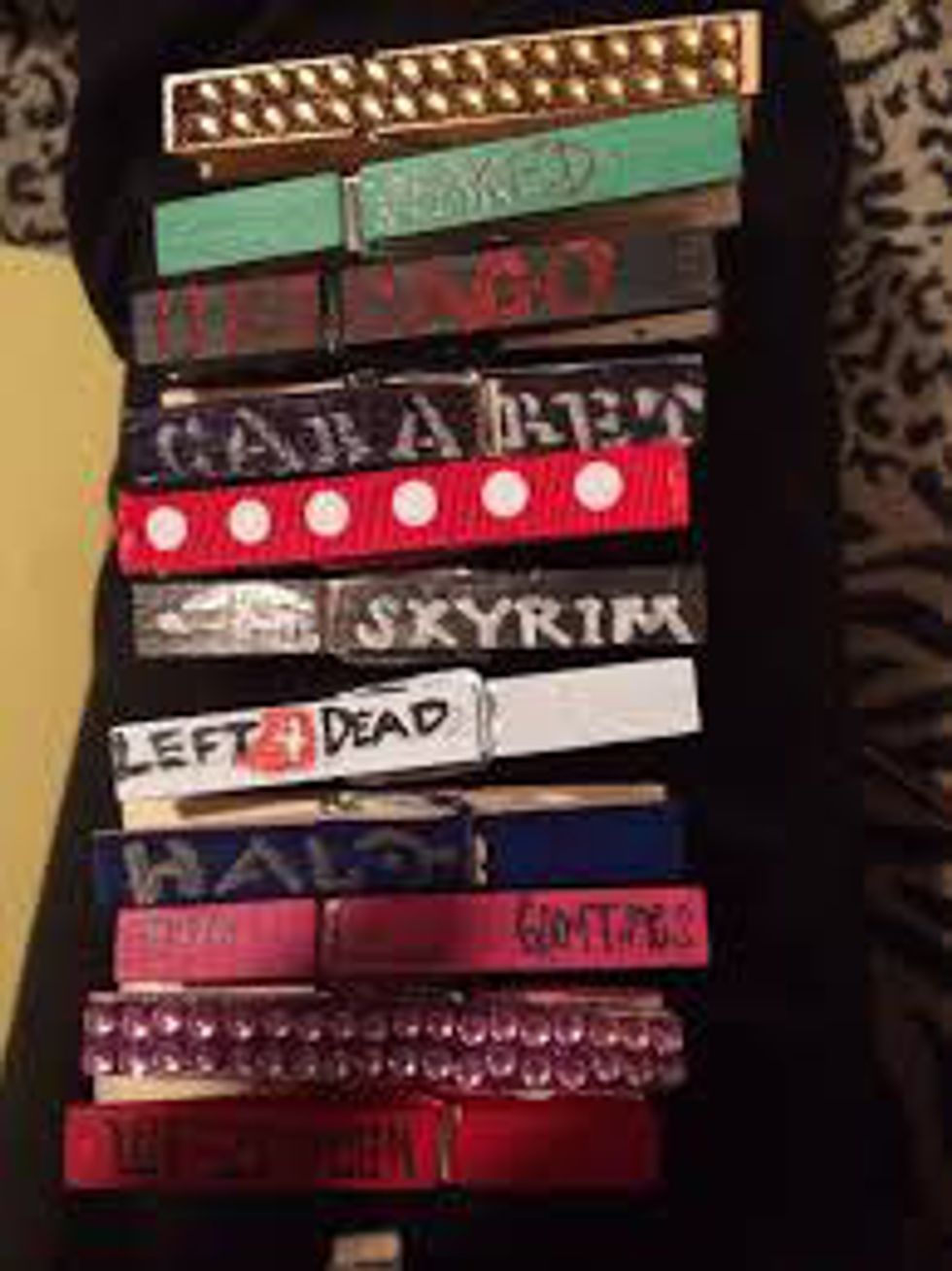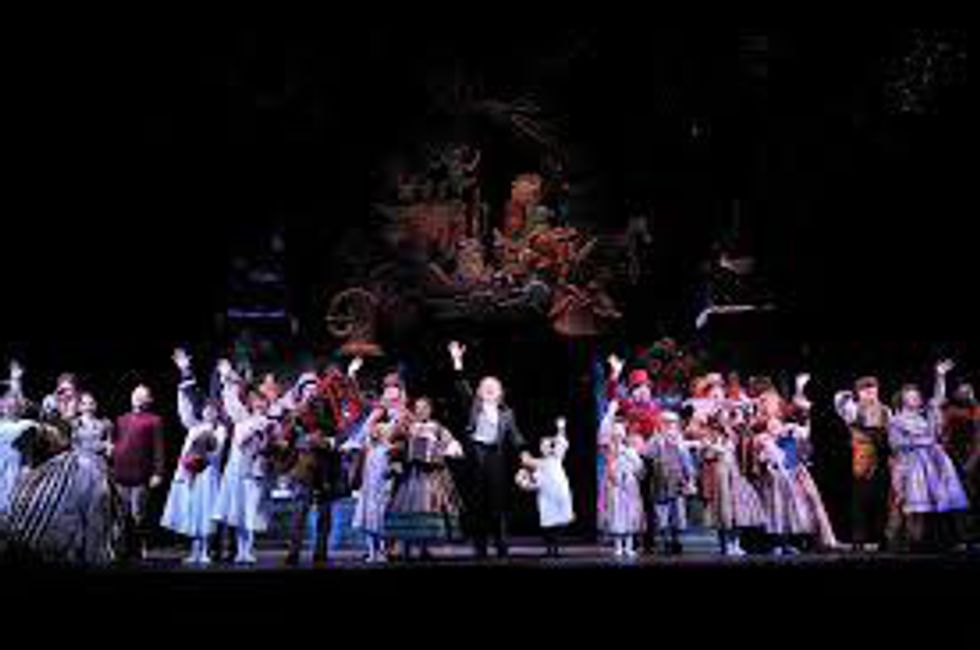There are theater kids in almost every school, but do you really know them? Theater kids always seem happy, loud and ready to participate, but are they really? Everyone knows these kids at their school. They are in every play, are usually in the band or chorus and always seem to participate in class. Being a theater kid myself, I know there are a few things you may not know about us and the things that go on in theater. Here is a list of 11 things about theater kids and what they have to go through in theater:
1. They may seem outward and bold, but most of them are really shy.
Most theater kids will seem outgoing. You’ll see them on stage and with their friends being loud and bold, but most of them are really shy. Speaking from experience, I get nervous when talking to new people or doing one-on-one sessions with teachers or bosses. But on stage and with my friends, I just let go.
2. Rehearsals usually last longer than sports practices.
I can remember plenty of times in high school that I was rehearsing until dark. I would get out of school at around 3:30 p.m. and rush down to the music room for a rehearsal then to the theater for another. By the time I got through them all, it was usually 9 or 10 p.m., and I still had to go home and finish my homework.
3. There is a lot of physical activity in theater.
Not only are you acting and singing on stage, but there is dancing. Big musical numbers have to be rehearsed over and over to make sure everyone is synchronized. That means going to a rehearsal at 9 a.m. on a Saturday and working until 7 or 8 p.m. on a routine. The dance numbers can range from simple and slow to difficult and extremely fast. But that is only half of it. If you aren’t working on a dance number, you are helping construct set pieces. I can remember moving tons of heavy sets and hammering nails into steps and ramps.
4. There is as much drama off the stage as there is on the stage.
You may already know this, but drama kids know how to start drama. It can mean being angry someone got the part you really wanted, or it can even be as simple as someone having a bad day and being in a bad mood. Drama kids know how to keep the drama going, and sometimes it seems like it will never end.
5. They are usually pretty close to each other.
Theater kids usually spend six out of seven days with each other. When you spend that amount of time with a person, you tend to get pretty close to them. We would all carpool to go get food, to rehearsal, to concerts and shows; it never really ends. I met my best friend through theater, and we are still best friends today.
6. They like to be taken seriously.
Sometimes when you are in theater, people don’t take you seriously. They don’t realize that acting is a hobby to you just like playing sports, or playing video games is to them. It is something you love and hate all at the same time, but at the end of the day it is one of your favorite things. Sometimes people fail to realize that being in theater doesn’t mean you don’t have other dreams or aspirations other than just theater.
7. They are usually exhausted by the end of a show.
Putting in that many hours for one or two weekend(s) of shows is something that is super rewarding. By the time the show comes around, the actors are probably exhausted, but they use up the last amount of energy they have to put into that show. They work hard on making sure their acting is believable, their singing is on pitch, and their dancing is together. A lot of the time you have to run straight off stage and change your costume with only 10 seconds until you are supposed to be back on stage. By the end of a two hour show, you’re about ready to drop. You ride an adrenaline high throughout the show, but by the end you crash.
8. Every member of the cast will be irritable on “Tech Week."
Tech week is usually the last week before a show, when the directors are frantically trying to run the show with lights, music and costumes -- all the while putting finishing touches on the show. Usually the directors are stressed out at this point, and any mistake you make can become a catastrophe. This emotion will spread throughout most of the cast. This is also the week that for some reason almost every member of a show will manage to get some kind of illness and have to be on vocal rest, making everyone even more frazzled and irritable.
9. Thescon is what theater kids wait for all year.
Thescon is a massive convention held for actors, singers, dancers, musicians, directors and choreographers. At this convention, you take classes to improve your skills and watch shows. This is a theater kid’s heaven. Not only do you get to learn a lot, but you get to meet a lot of other kids who are just as obsessed with theater as you. It’s something everyone looks forward to and only happens once a year.
10. Fast food is probably all theater kids will eat during a show.
Fast food can be a blessing and a curse. This can be a convenient way to get your entire family fed, but for theater kids, this is all you will probably eat. There are days where you go to an early rehearsal and you only have a 30-minute break for lunch. It is so much easier to just run down to the fast food joint down the street than to pack your own lunch. This causes just a bit of weight gain and can send the entire show into a tail spin. Costumes don't fit, you can get tired more easily, and sometimes it can make you a lot more sick. Fast food is easy, but sometimes it can cause some problems.
11. No matter what role they play in a show, they are just as important as the person who is playing the lead.
Most of the audience only pays attention to the main people on stage, but have you put much thought into how many people it takes to get that one actor on stage and help them deliver the role of the character they are trying to portray? It takes minor roles to help guide dialogue and set a scene. It takes ensemble singing, dancing and moving around to make you feel like you are in the story. It takes costume designers to help fit everyone into a costume that matches the time periods. It takes crew and stage managers to get sets and actors to where they need to go. It takes a technical crew to get all of the lights and sound going at the right times. And, finally, it takes directors and choreographers to get the show moving to where it needs to be. Without all these people a show will not reach its full potential.
So the next time you are watching a show, take a second to think about all the work that went into that one scene or musical number.




